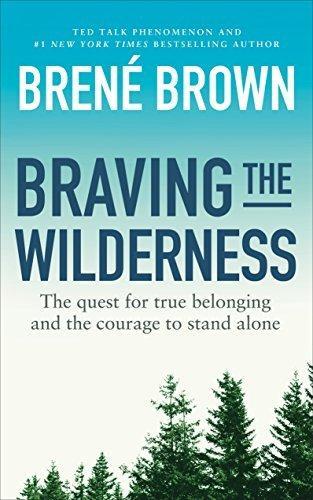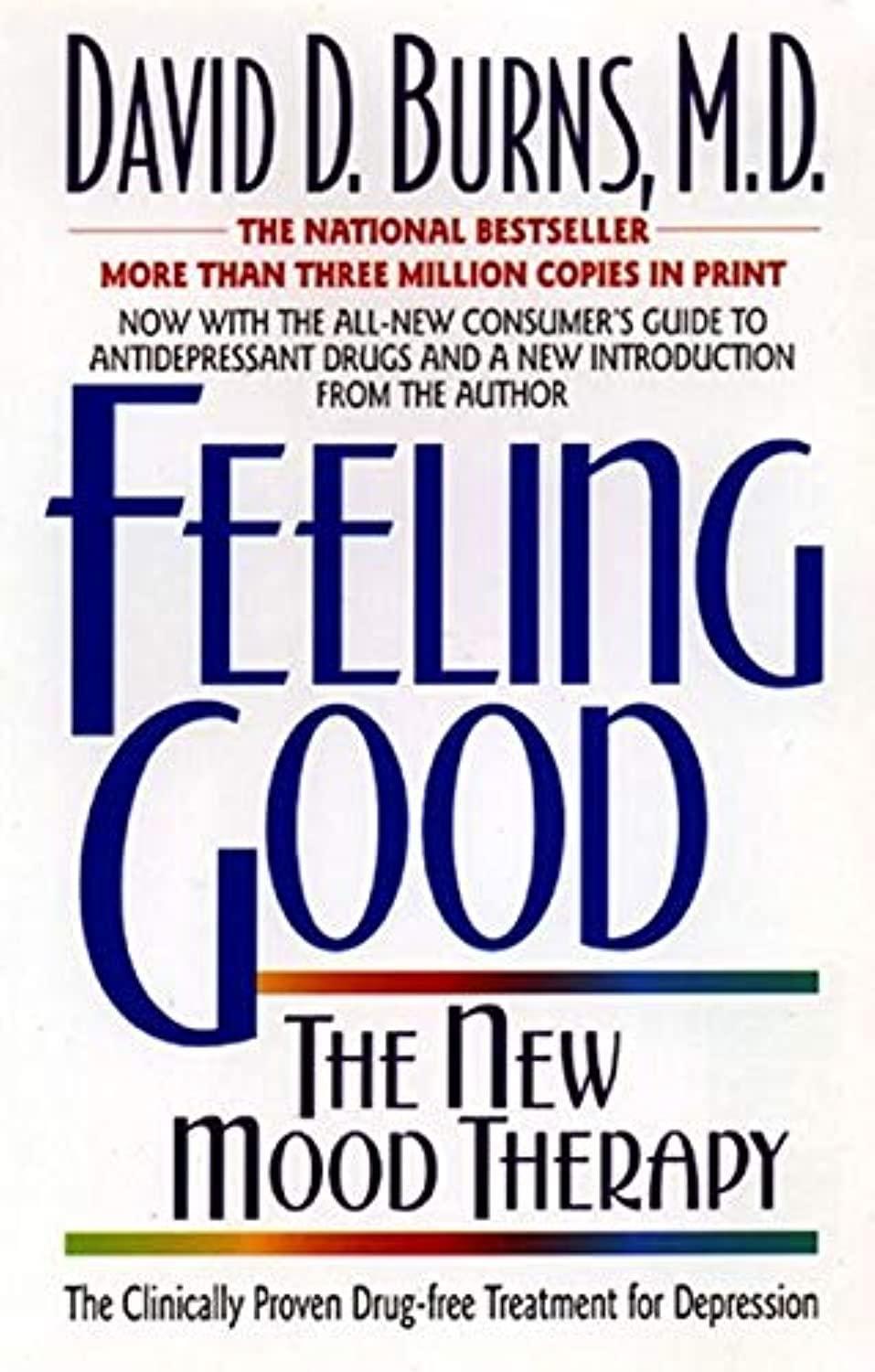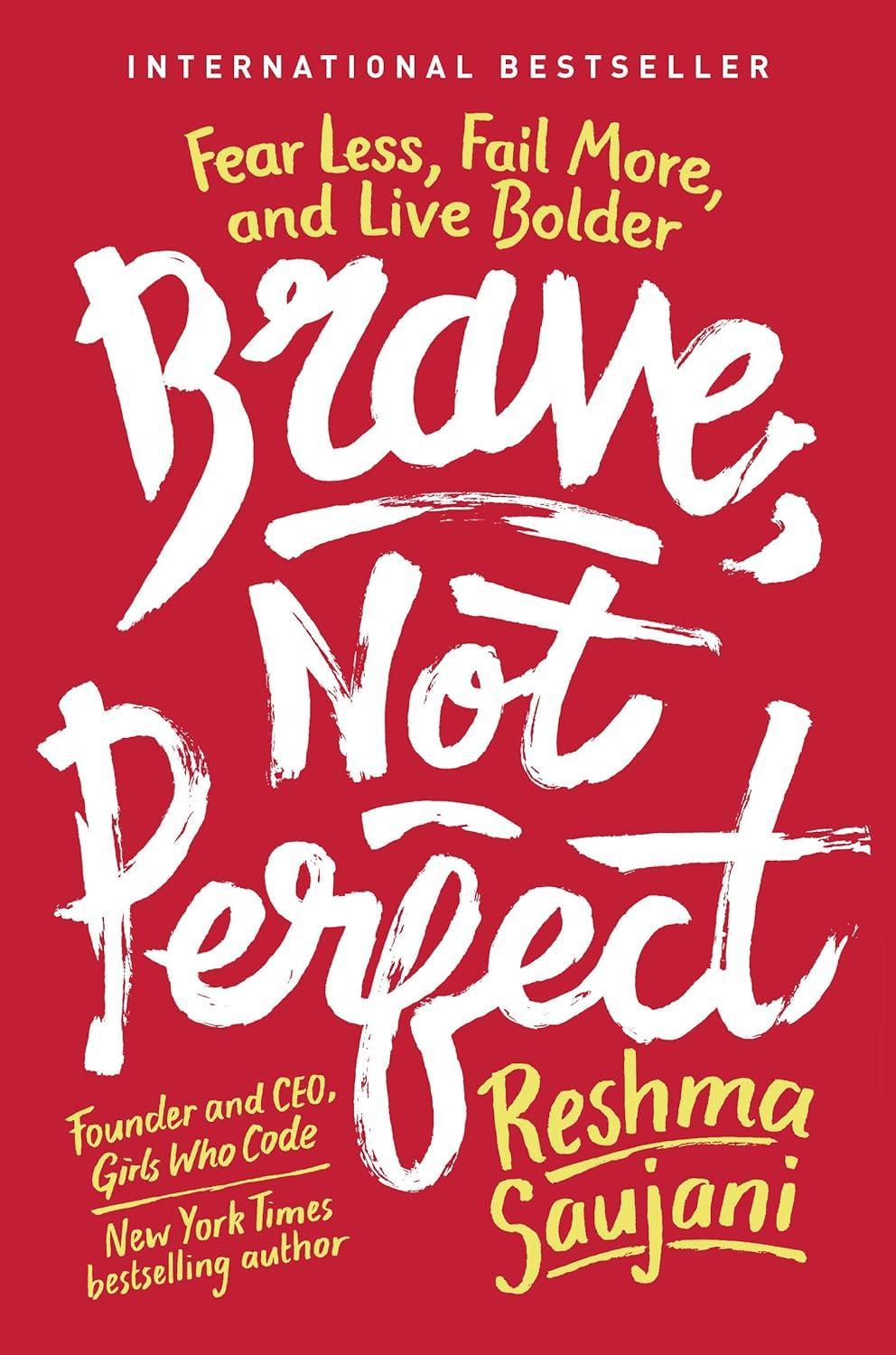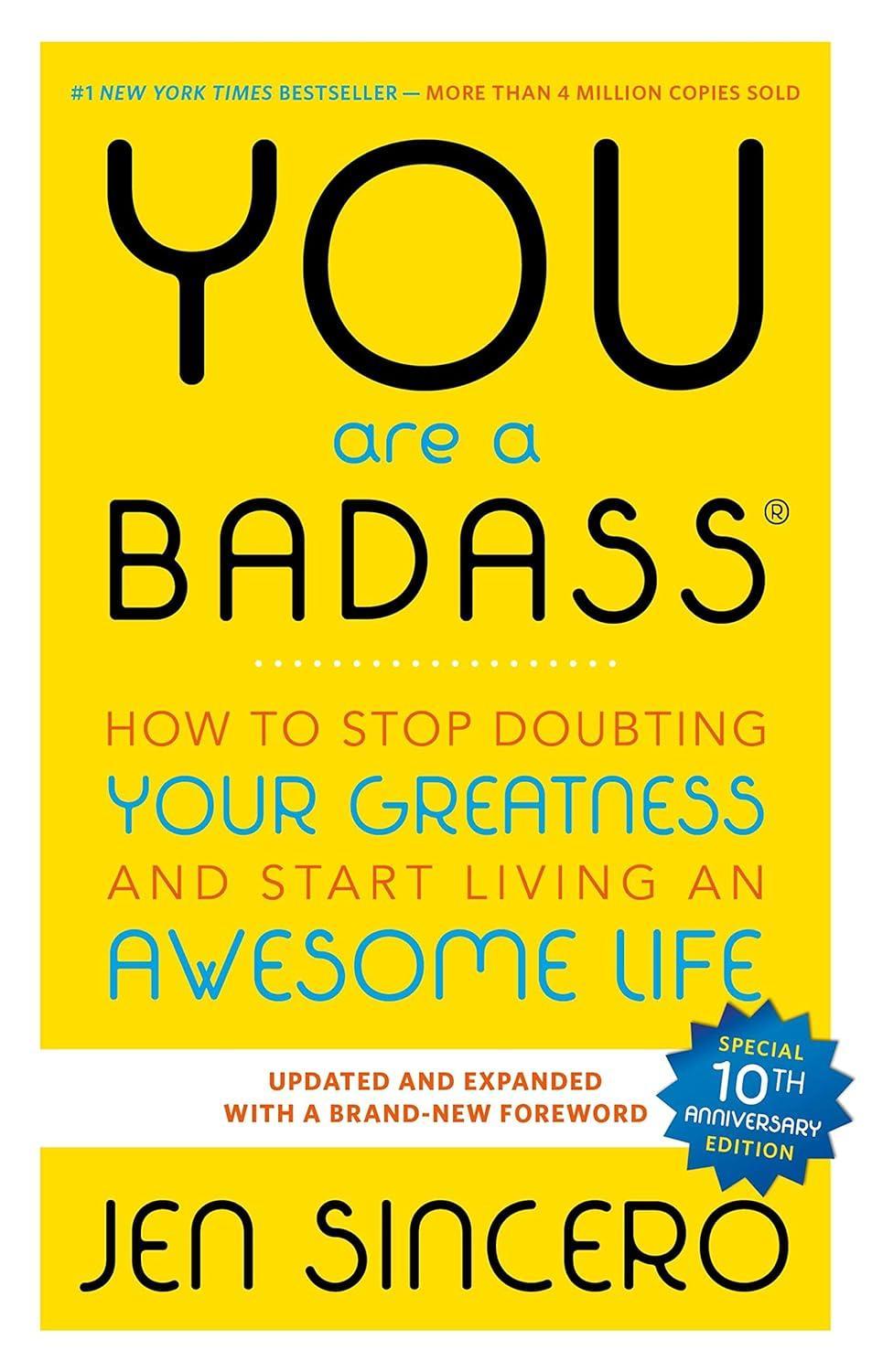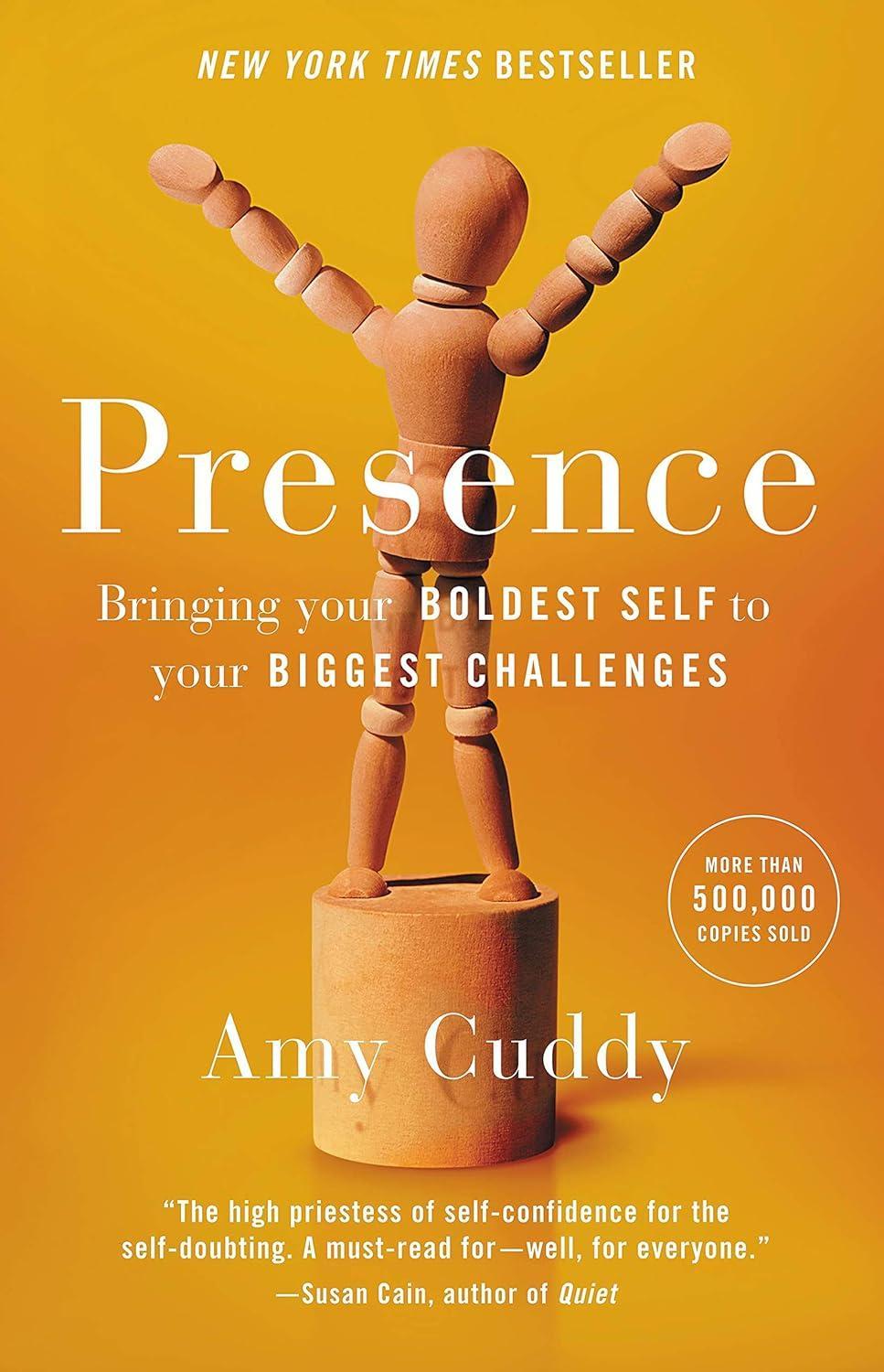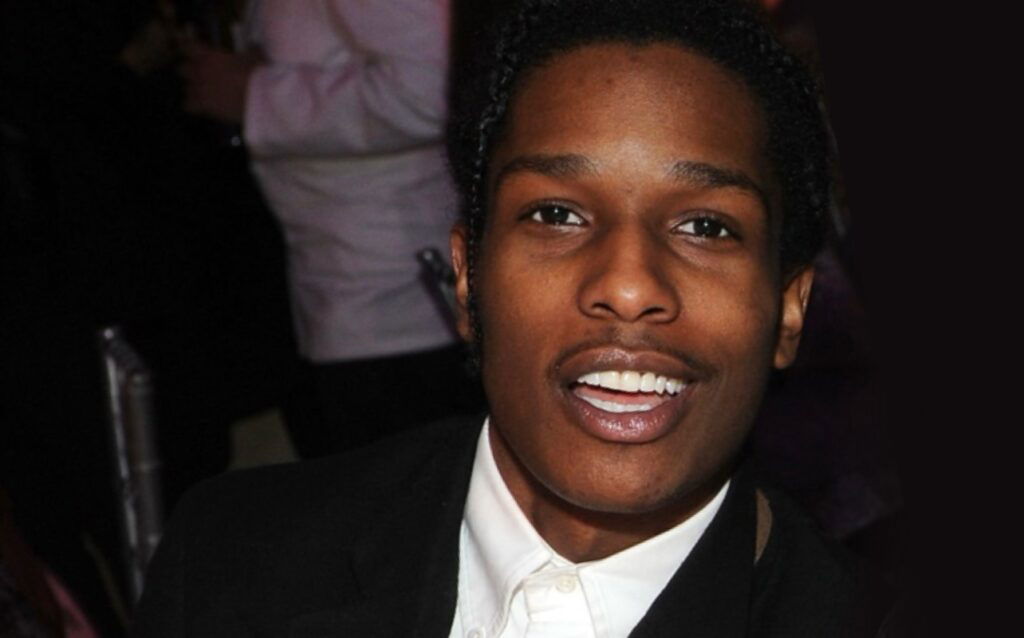Have you ever felt like you weren’t good enough despite your skills and achievements? You’re not alone. Imposter syndrome can strike anyone, and we’ve all experienced self-doubt or inadequacy at one point. In fact, according to this study published in 2019, up to 82% of people have felt the psychological impacts of imposter syndrome.
For many, imposter syndrome feels like a combination of emotions. Those affected often fear failure, have low self-esteem or undervalue their contributions.
So, how can you conquer imposter syndrome? Fight back! Knowledge is power, especially in the form of an informative imposter syndrome book. Seeking wisdom and support through insightful resources can help individuals combat imposter syndrome. Below, we’ll share the best books about imposter syndrome and explain its different types to help.
Imposter Syndrome Types
Imposter syndrome can strike anyone regardless of age, gender, profession or racial demographic. It also manifests differently in individuals, influenced by personality traits and life experiences. Valerie Young is an expert on the subject and wrote a groundbreaking imposter syndrome book. She identified the following five main imposter syndrome types.
Perfectionist Type
Perfectionists often have high expectations. According to Young, the perfectionist focuses on “how” work is done, including how it was conducted and completed. Perfectionists experience pressure to achieve flawlessness to avoid feeling like a fraud. Anything less than perfect can lead to feelings of failure and shame, which can hinder success.
Superhuman Type
The superhuman has a constant drive to work harder than everyone else. Young describes the superwoman/superman type as measuring competence based on “how many” roles they can both juggle and excel in. Falling short in any role evokes shame since they feel they should be able to handle it all—perfectly and easily.
Natural Genius
A natural genius believes that success should come easily without really trying. To them, true competence means having innate intelligence and abilities, and success is measured by both ease and speed.
Soloist Type
To succeed, the soloist needs to accomplish tasks alone. Needing and asking for help, tutoring or coaching is often a sign of failure and can create imposter symptoms. As a result of their independence, soloists might feel isolated and alone.
Expert Type
Experts experience pressure to know everything. They live with a fear of being exposed as inexperienced or unknowledgeable. According to Young, “Even a minor lack of knowledge denotes failure and shame.” This imposter syndrome type is common in fields requiring specialized education and skills. Oftentimes, it’s found in scientists and doctors.
Imposter Syndrome Book Selection
One way to overcome imposter syndrome is to read books about it. Especially books that discuss the imposter syndrome types and how to navigate symptoms. The following imposter syndrome books provide practical education and insights for success. We’ve rated each book based on factors including readability, authenticity, and overall value.
The Gifts of Imperfection: Let Go of Who You Think You’re Supposed to Be and Embrace Who You Are By Brené Brown
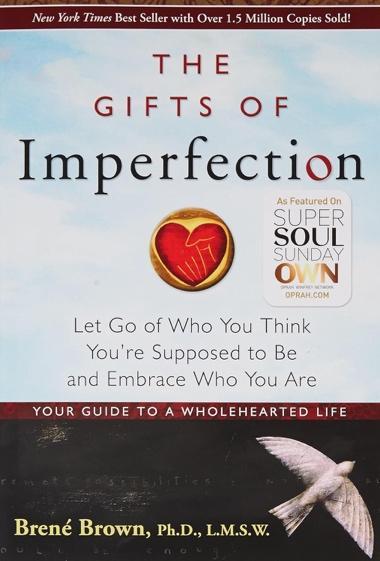
SUCCESS Rating: 5.0
Brené Brown’s The Gifts of Imperfection introduces wholehearted living—a way to engage with others from a place of worthiness. Brown emphasizes cultivating values such as authenticity, self-compassion and courage. These values help combat feelings of shame and inadequacy often accompanied by imposter syndrome.
This illuminative imposter syndrome book suggests letting go of who you think you’re supposed to be. Instead, it encourages you to embrace who you really are. Each chapter provides practical exercises to help improve self-compassion to combat imposter syndrome.
Find the book on Amazon.
Educated: A Memoir By Tara Westover
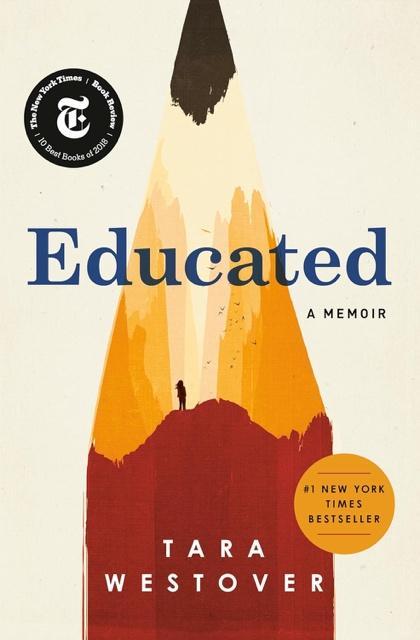
SUCCESS Rating: 4.75
While centered around the story of a college student, Educated: A Memoir is an imposter syndrome book to inspire all ages. Tara Westover showcases the adventures of a self-educated girl born to survivalists in the Idaho mountains. She earned a Ph.D. from Trinity College, despite her intense experience of imposter syndrome.
Educated: A Memoir is a story of personal challenges, growth and adversity. It’s a personal lesson in overcoming imposter syndrome and an inspiration for eliminating doubt and finding success.
Find the book on Amazon.
Year of Yes: How to Dance It Out, Stand In The Sun and Be Your Own Person By Shonda Rhimes
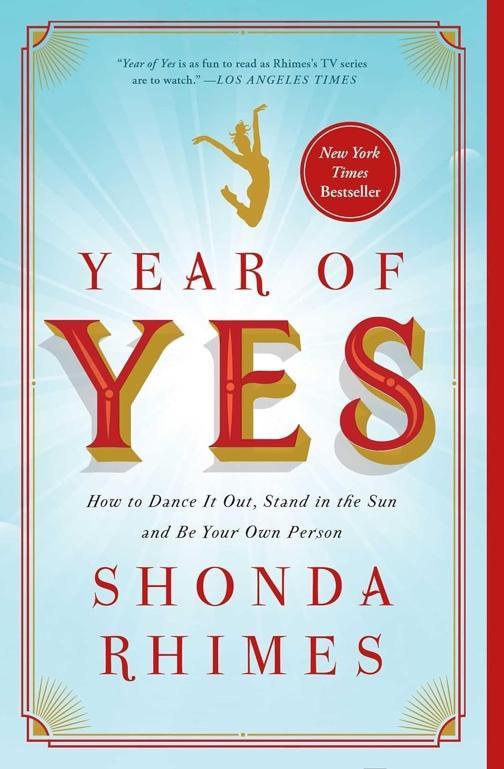
SUCCESS Rating: 4.75
We all know Shonda Rhimes as the creator and producer of wildly popular television shows. What we learn in Year of Yes is that Rhimes struggled with insecurity. Several years ago she agreed to say yes to everything that scared her for one year to combat this feeling and give herself the ultimate challenge. Year of Yes chronicles Rhimes’s life before and after her year of yes, revealing to readers how the transformative power of yes can change your life.
Follow Rhimes as she learns to love her most authentic self. Her heartfelt words will make you laugh as you learn to embrace the journey of self-acceptance and confront self-doubt. By the end, readers are challenged to be brave and try something new.
Find the book on Amazon.
Braving the Wilderness: The Quest for True Belonging and the Courage to Stand Alone By Brené Brown
SUCCESS Rating: 4.5
True belonging requires daily practice. Through insightful stories, Braving the Wilderness challenges what we know about being our true selves. Through Brown’s words, we learn to live authentically and are encouraged to commit to it.
In Braving the Wilderness, Brown emphasizes that true belonging doesn’t require us to change who we are. It requires us to be who we are. She explores practical strategies for navigating feelings of isolation and finding belonging.
Find the book on Amazon.
Feeling Good: The New Mood Therapy By David D. Burns
SUCCESS Rating: 4.5
Psychiatrist David D. Burns uses cognitive behavioral therapy (CBT) tactics for imposter syndrome. The basic education behind CBT is that “what we think, how we behave and how other people make us feel are all closely related—and they all affect our well-being,” according to the National Library of Medicine.
Feeling Good: The New Mood Therapy focuses on how to use thinking patterns to overcome symptoms of imposter syndrome. Burns shares 10 negative cognitive distortions and practical strategies to identify what causes mood swings. This book helps readers reshape negative thought patterns and improve emotional well-being.
Find the book on Amazon.
Brave, Not Perfect: Fear Less, Fail More, and Live Bolder By Reshma Saujani
SUCCESS Rating: 4.5
Women are taught at a young age to play it safe and be quiet, polite and careful. Unfortunately, this creates women who are afraid to fail. Reshma Saujani encourages women to not only embrace imperfection but to be brave and bold.
Brave, Not Perfect inspires courage, taking risks and learning from failures. Doing so combats imposter syndrome and fosters resilience. This book teaches how to create habits centered around bravery and embracing imperfection.
Find the book on Amazon.
You Are a Badass: How to Stop Doubting Your Greatness and Start Living an Awesome Life By Jen Sincero
SUCCESS Rating: 4.25
An educated book with a powerful message—You Are a Badass is a guide to reshaping your mindset. Love what you can’t change. Change what you don’t love.
Jen Sincero’s You Are a Badass will help you change the way you think, stop self-doubt and start living an incredible life. Readers will learn to accept imperfection, remove fears and shift self-sabotaging beliefs and behaviors. You’ll discover inspiring stories, blunt advice and easy-to-implement exercises.
Find the book on Amazon.
Presence: Bringing Your Boldest Self to Your Biggest Challenges By Amy Cuddy
SUCCESS Rating: 4.0
Big transformations can happen through small changes. In Presence, social psychologist Amy Cuddy introduces a new approach to combating imposter syndrome—the mind-body connection. Empowerment and movement are intrinsically linked. They influence how others see us and how we see ourselves.
Presence suggests that simple things, like power poses, may change our mindsets and help us tackle imposter syndrome. Readers will gain insights for mastering authenticity in both personal and professional settings. An education on the mind-body connection helps us tap into our power and learn to approach challenges confidently.
Find the book on Amazon.
Overcome Imposter Syndrome Today With The Help Of These Books
Knowledge is the key to overcoming imposter syndrome for personal and professional growth. The more you learn, the better equipped you are to identify triggers of self-doubt. You’ll also be able to utilize effective strategies to achieve your full potential. Books are an essential educational resource in this journey. They offer profound insights into imposter syndrome types and imposter feelings.
Overcoming imposter syndrome is an ongoing process of cultivating self-awareness and self-compassion. Explore the recommended imposter syndrome books above—they’re heartfelt, humorous and entertaining.
Photo by pathdoc/Shutterstock.com



